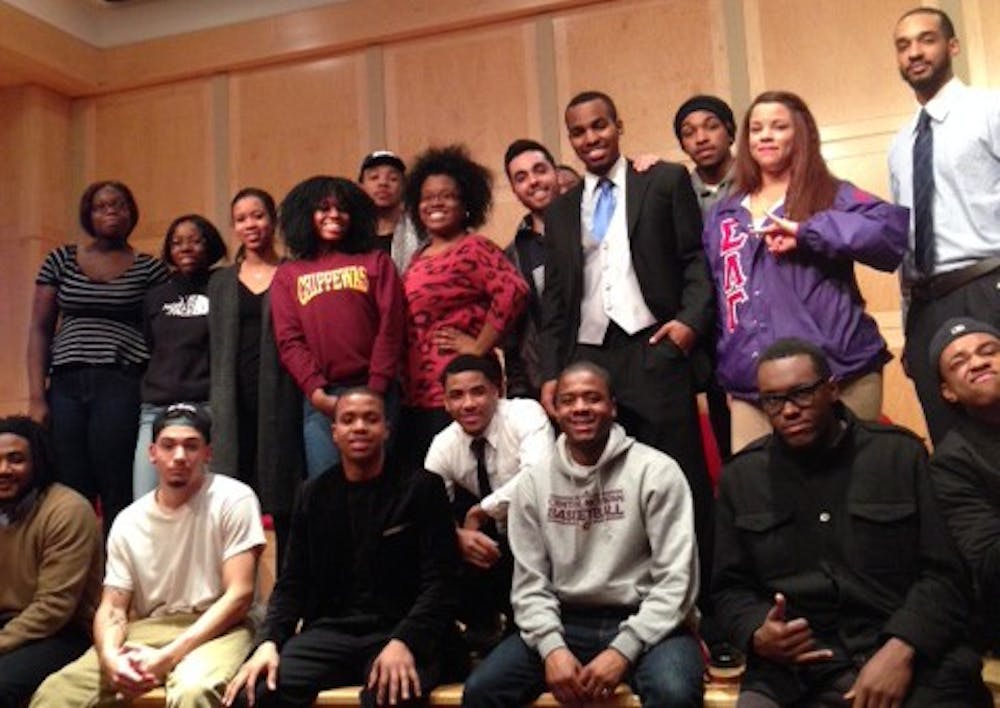The Game of Jeopardy Reminds students about African American History
Fifteen contestants lined the stage for a game of Jeopardy about African-American history, hosted by the National Society of Black Engineers, on Wednesday.
The purpose of the competition was to inform the student body about black history and African-American heritage. NSBE President Tor Vinson said the game of jeopardy was called Black History Matters because it was designed to emphasize both history and recent events.
"African-American culture is important, and it's just as important as any other ethnicity or culture," Vinson said.
Contestants were split into three groups of five people. Each group assigned itself a temporary representative, who deliberated with teammates for 10 to 15 seconds before responding to questions. Team legendary won the game of jeopardy with 7,000 points.
Shayna Haynes Heard, a member of team legendary, was asked by NSBE to be a contestant because of her affiliation with Sigma Lambda Gamma and Student Government Association.
"It was a lot of fun, seeing everybody come together for a common cause and letting loose, but at the same time still learning about our history," said Haynes Heard, Spring Lake sophomore. "I love a little competition."
There were five categories, each designed to highlight a specific aspect of black history. Answers ranged from historical figures like Malcolm X and Coretta Scott King, to popular idols like Whitney Houston and Michael Jackson.
Some questions were well-known, and had contestants jumping up and down as they competed to be the first to answer. One question that stuck out to Haynes Heard contained lyrics from the 90's hit television show Prince of Bell-Air.
"It just made me laugh," Haynes Heard said. "Nobody saw that one coming."
Other questions took a more serious turn. One from the category of significant historical events and figures was: "Which 14 year old boy was lynched for whistling at a white woman?"
The answer was: "Who is Emmet Till."
Heard said it is impossible to know every single aspect of back history, but it is important to refresh one's knowledge and remember the important parts.
"As an African-American, It is important to know where you came from and how you got to this point in life," Ypsilanti junior Jada Motley said. "A lot of people struggled and strong individuals (brought) this culture to where (it is) now."




